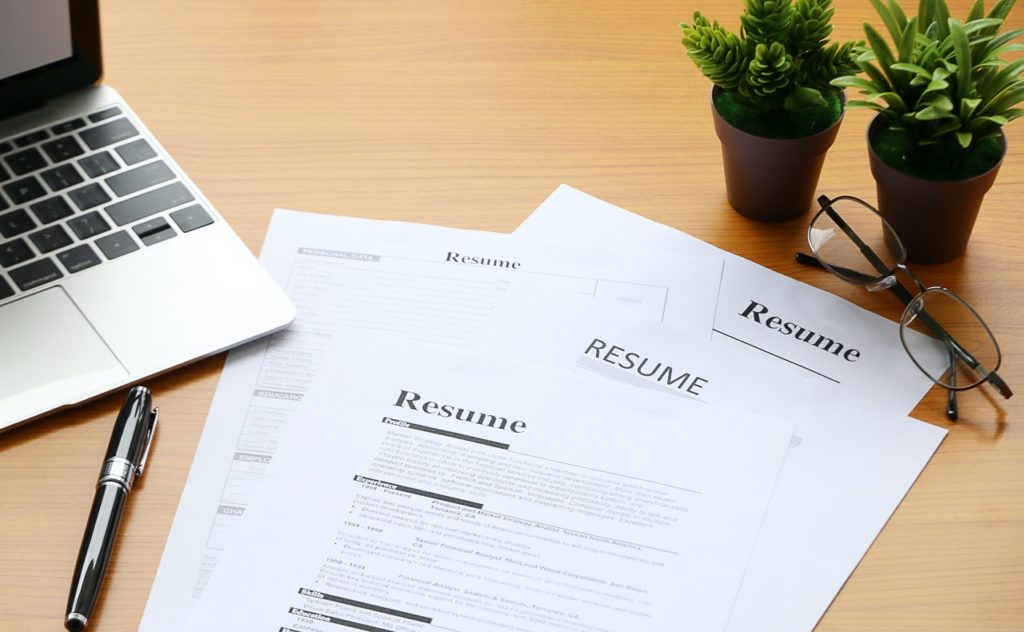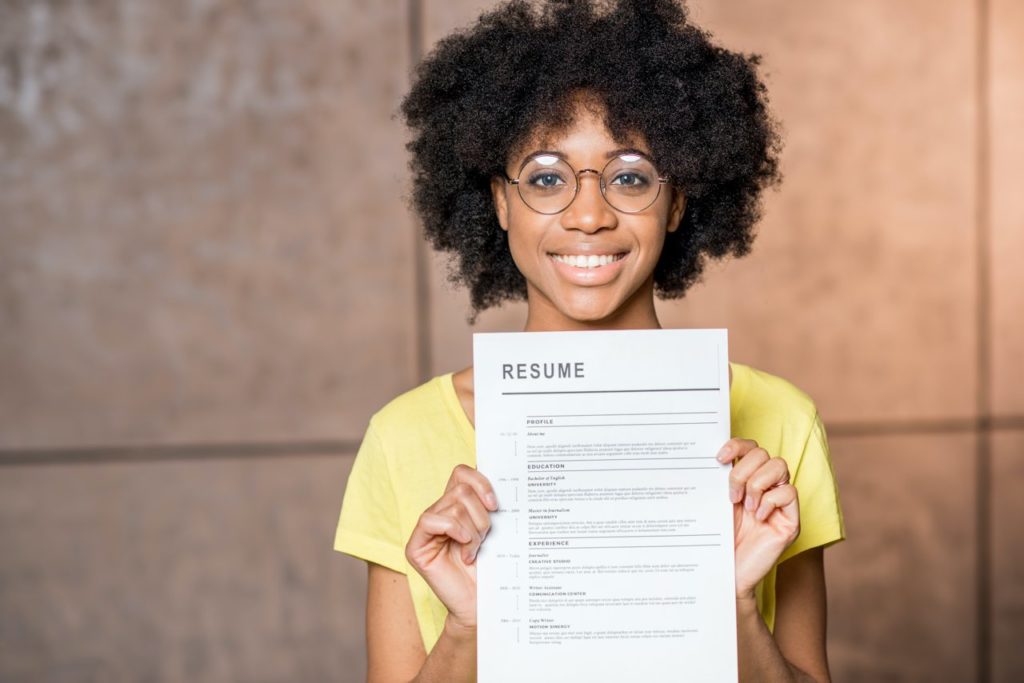If you’re a prospective employer looking to bring in new talent, then the first and most obvious means of screening your applicants is the all-important resume. A resume is a summation of a person’s work and educational history, as well as their skills and any other activities they may have participated in.
When you post a position, you’re bound to get overwhelming numbers of resumes, especially during this particular time. To help you narrow down your options, check the following things you should look for in an applicant’s resume:
Great Resume Headline
A great resume headline is a must for every resume. A good resume headline (or resume title) describes the individual value of a candidate by using a short, concise phrase. Found at the top of the resume, the resume title is usually listed under the name and contact details of the resume.
Check out the important things you need to know about resume headline:
- A headline should let you instantly and succinctly know about the applicant, just by reading the title.
- The title alone is not enough though – it should also contain keywords related to the job, the company hiring, and a personal statement.
- A resume headline should be as short and concise as possible.
Experience
The first thing that you will want to check in an applicant’s resume is their experience. There are a lot of things to consider when it comes to an applicant’s work history and how it relates to the kind of job that they are applying for. The applicant should be able to clearly show that they have worked in a position that is relevant to the job that they wish to apply for.
When it comes to resumes, it is very important to know how many years the applicant has worked as an employee of a particular company or what is the approximate number of employers they have worked for. The applicant should be able to provide a complete account of all of the positions that they have held, including company name and the dates and length of employment. This information is important because it will give you a sense of their experience on the job and what skills they could be brought into the position that aren’t necessarily spelled out on the resume itself.
Education
Another thing that you should look for in an applicant’s resume is the kind of education that the applicant has attained. An applicant should list all of the levels of education that they have completed, or are in the process of completing. Depending on the position you are advertising to fill, you will have different educational requirements. Some jobs required at minimum a high school diploma or GED, others a bachelor’s degree, others a graduate degree, and others still a certification.
Education is important especially for specialized positions like those you receive certifications for at trade schools, such as for plumbers and electricians, and those you receive advanced degrees for, like engineering and teaching. The specifics all depend on the position you are trying to fill.
It is worth saying that education can supplement a lack of experience on an applicant’s resume, especially if they are a younger applicant who is newer to the workforce – and, conversely, someone may have enough experience in a field to supplement their lack of formal education. Look at these sections as complementary information rather than two entirely separate considerations.
Skills and Achievements
An applicant should also have listed any relevant skills and qualifications. Focus on the skill set and specific areas of expertise to easily understand why the applicant is a good fit for your needs. You should see through the applicant’s work history, education, training, skills, and achievements to determine if the person is a good candidate to be a future employee.
An applicant may also have a list of achievements and other activities listed. These may be academic achievements, professional achievements, or extracurricular achievements. An applicant might also list any volunteering experience or similar extracurricular activities. These may not necessarily strictly relate to the position you have posted, but it may relate to some of the skills they have accumulated or explain gaps between employment or education.

Structure and Format
Another sign of an effective resume is how it is structured. Pay attention to what’s included, the content, how it looks organized, the tone, and the order in which it is presented. Is it coherent and comprehensive? Does it tell a story through the way it is structured? It is easily organized so that you can find any relevant information that you need to assess their viability as a candidate? A resume should be straight-forward and clear.
Creating a nice design or utilizing an attractive template can be a bonus, but if an applicant has spent more time on the form rather than the substance of the resume, that’s a red flag. Flashy doesn’t mean better.
Grammar and Punctuation
A resume isn’t exactly an essay, so there shouldn’t be giant blocks of prose for you to sift through. However, what is on the page should be grammatically correct, if it’s part of the headline or personal statement, and correctly spelled, for everything else. A lot of errors and typos likely means the applicant didn’t put as much effort into the document as they should have if they didn’t bother to proofread it.
Appealing Cover Letter
If included with the application, you may also have to assess a cover letter. A good cover letter should explain more specifically the applicant’s interest in the position and their relevant skills and experience. They may also explain any unusual positions or gaps on the resume itself. Essentially, a cover letter should provide some context about the applicant.
Contact Information
An applicant should include some basic contact information in the header of the document. A name, e-mail, and phone number should be sufficient, though they may also provide their address, their social media accounts, and links to portfolios if relevant.
Conclusion
A resume is not the end-all-be-all of hiring a new employee, but they are an important first step in screening for the best candidates to move forward into the other stages of your hiring process. You will encounter a great many of them and, as you get a sense of what you’re looking for, will become easier to parse over time.





